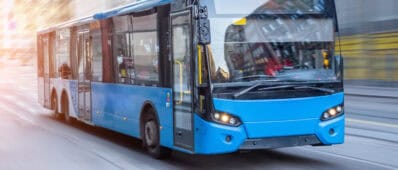Project Summary
Rural areas in California present unique transportation challenges associated with long travel distances, infrequent transit service, the cost of car ownership, and limited access to app-based rideshare services that are common to more populated urban centers. Researchers at the University of California, Davis, partnered with the eight San Joaquin Valley Metropolitan Planning Organizations to identify and support the development of innovative regional mobility pilot concepts, including an electric vehicle carsharing service known as Míocar. Míocar launched in August 2019 with roundtrip EV carsharing hubs in affordable housing complexes in the southern San Joaquin Valley. This study summarizes the data collected through a telephone survey with current Míocar users from January 2022 through March 2022. The survey asks users to reflect on their use of the service since they enrolled, and it builds upon past data collection efforts for this program by gathering detailed information on member characteristics, transportation needs and capabilities, and Míocar’s role as a transportation option for the users’ households. The results provide qualitative insights into members’ mobility challenges and considerations and the service’s impacts on user travel. Comparisons to existing carsharing programs suggest that Míocar is achieving similar impacts as other programs in some areas, such as reducing personal vehicle use, ownership, and associated greenhouse gas emissions. However, respondents emphasize its role in improving mobility within the rural region. The evaluation provides information for researchers to enhance future evaluations of rural carsharing, and findings may inform member recruitment, training, program design, and other efforts conducted by rural carsharing operators.

